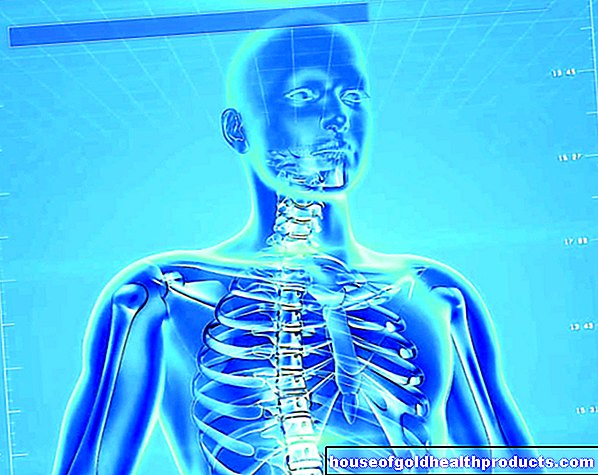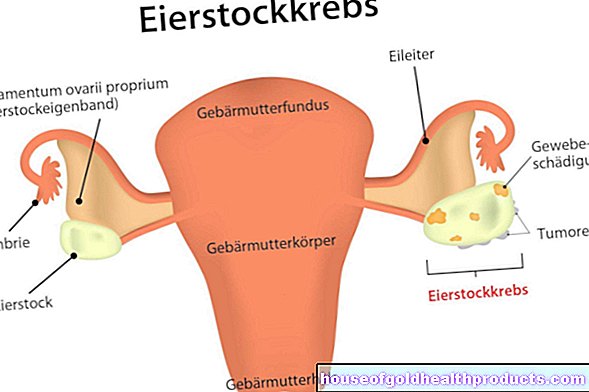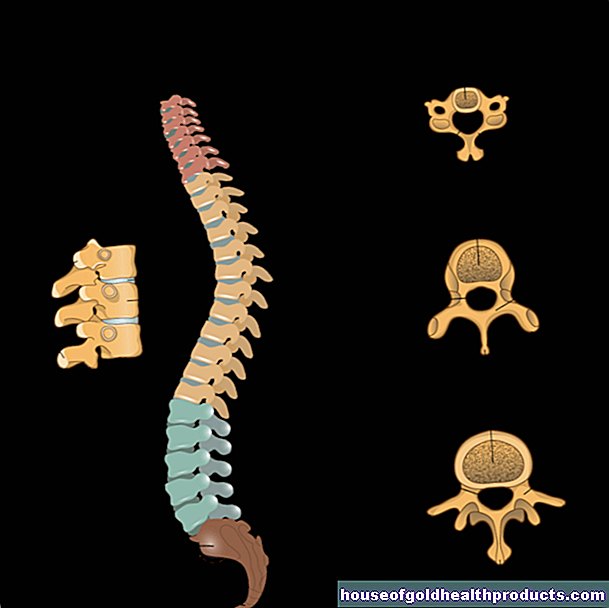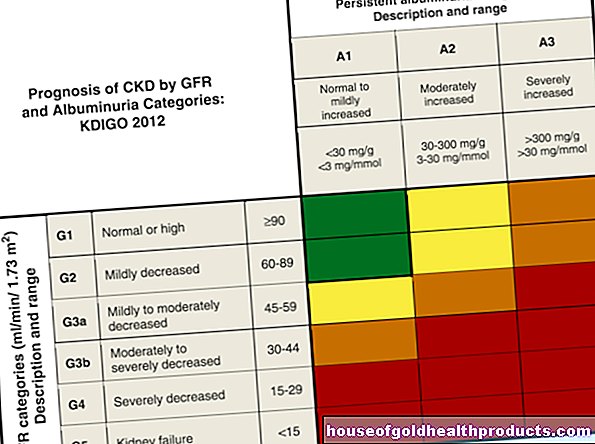More help for people with dementia
Florian Tiefenböck studied human medicine at the LMU Munich. In March 2014, he joined as a student and has supported the editorial team with medical articles ever since.After receiving his medical license and practical work in internal medicine at the University Hospital Augsburg, he has been a permanent member of the team since December 2019 and, among other things, ensures the medical quality of the tools.
More posts by Florian Tiefenböck All content is checked by medical journalists.In view of the aging society in Germany, the federal government wants to create better framework conditions for people with dementia in the future. The cabinet decided on a “National Dementia Strategy” on Wednesday. Here are the key points of the paper.
"In a broad alliance, the federal government is on the way to make Germany dementia-friendly," declared Seniors Minister Franziska Giffey (SPD), Health Minister Jens Spahn and Research Minister Anja Karliczek (both CDU). The concrete implementation should start in September together with the partners. According to a joint press release, the balance sheet will be drawn in 2026.
The cornerstones of the National Dementia Strategy
27 goals were formulated for the strategy and a total of around 160 measures were agreed. These include:
- New and expanded structures so that people with dementia can more easily take part in social life. Specifically, this includes, for example, the opening of cultural, sports and educational institutions as well as public meeting and lingering spaces for people with dementia.
- Promotion of age-appropriate living with special living concepts for people with dementia
- New mobility concepts, such as easier parking and a dementia-sensitive orientation of local public transport
- Local networks for advice and support for those affected and their families. In addition, professional and voluntary offers - especially for the difficult first phase - are to be expanded.
- Networks for long-term care, for which the funds from long-term care insurance are to be increased significantly
- Medical care should generally be improved at various levels, for example in hospitals, in semi-inpatient, fully inpatient or short-term care facilities.
- Improved public relations work in order to better inform society about the subject of "dementia" and to raise awareness of those affected
- In order to give relatives of dementia patients the opportunity to combine care and work, companies, municipalities and caring relatives should develop strategies and establish networks. The Seniors Ministry is setting up a "director's office" for this at the federal level.
- Various research institutions are to be funded through the establishment of a national clinical dementia research network and a network for dementia care research, and access to data for research purposes is to be facilitated.
Alliance partners for a dementia-friendly Germany are therefore the German Alzheimer's Society, federal states and municipalities, the associations of the health and care sector, and the social insurance agencies.
What does dementia mean?
Memory, thinking and other brain functions are increasingly impaired in people with dementia. Ultimately, dementia has many different effects that vary from person to person. There are different forms of dementia:
- Alzheimer's dementia
- Vascular dementia
- Frontotemporal dementia
- Lewy body dementia
There is no cure for these forms of dementia, but there are numerous supportive measures. These are especially important because dementia is usually very stressful for both those affected and their relatives. Important contact points for further information, tips and advice can be found here.
New numbers are encouraging
Every year there are more than 300,000 new Alzheimer's and other dementias in Germany. The German Alzheimer's Society reported that there are currently 1.6 million patients. As a result of demographic changes, there are far more new cases than deaths among those who are already sick. The number of those affected is increasing.
According to more recent studies, however, the increase is less than previously assumed: "Depending on how the age structure of the population develops as a whole, the number of sick people will increase to 2.4 to 2.8 million by 2050," writes the company. So far, it has assumed that there will be three million sick people in 2050. "We are encouraged by the new numbers," said the first chairwoman of the Alzheimer Society, Monika Kaus.
Prevention is also important for dementia
The reason for the slowed increase could be an overall better health of the population. "We now know how important physical and mental activity, social contact with other people, but also a healthy and balanced diet are in order to prevent dementia."
In addition, there is the treatment of high blood pressure, diabetes and cardiac arrhythmias as well as the renunciation of smoking and excessive alcohol consumption. "Even if there are no measures that can be used to rule out ever developing any form of dementia, prevention makes sense and is important." (ft / dpa)
Tags: dental care hospital desire to have children




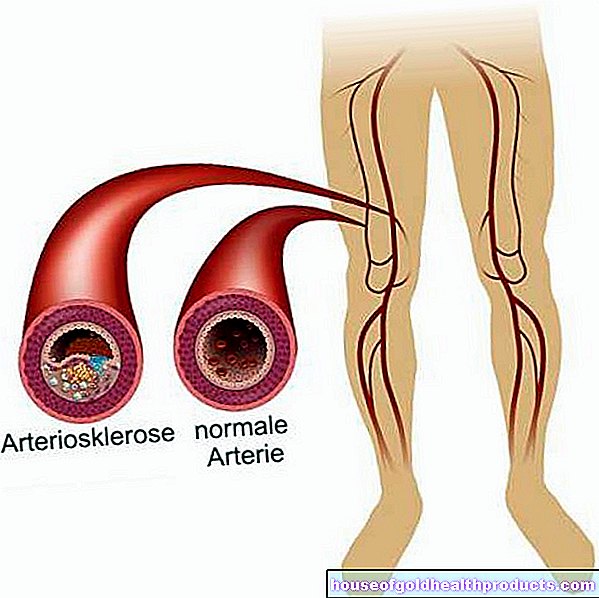

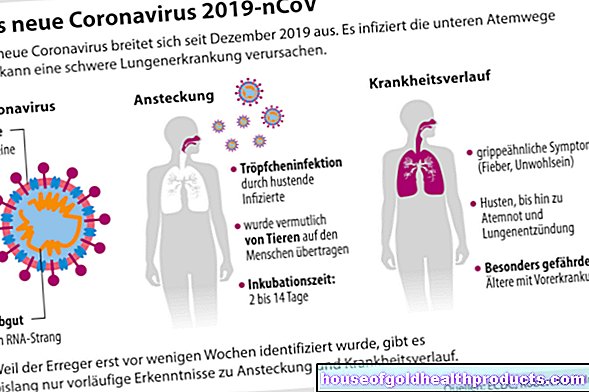



.jpg)

